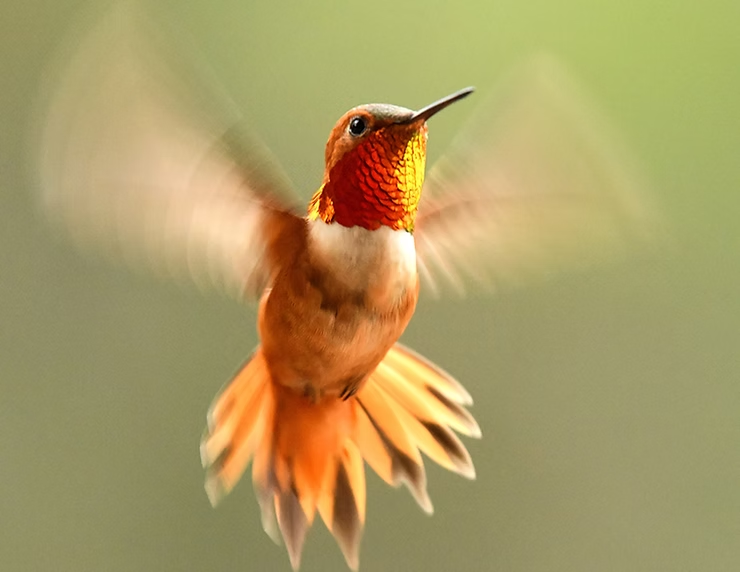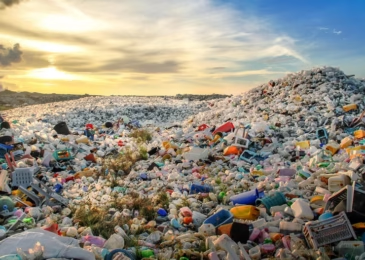The other animals stood on the sidelines, warning Dukdukdiya of the dangers; they warned her that there was nothing they could do in such a situation. Dukdukdiya listened but continued her task. When asked why she bothered with such measly effort, she replied that she was simply doing everything in her power to stop the fire.
In many cultures, hummingbirds not only symbolize courage in small packages, but also wisdom.
One possible motivator for Dukdukdiya’s selfless action was that unlike the other animals, she had the foresight. She desperately attempted to save the forest because unlike the other animals, she recognized that there was no future without it. While other animals fled to save themselves, they did not realize that without the Great Forest, there was no hope for their future survival. The forest was the only home they had.
At Ukhi, we are like Dukdukdiya, trying our best to counter the hazard of Single Use Plastic (SUP) on the environment, society and our health. We know that the problem of plastic pollution in our country is humongous. Our official waste generation rate is a whopping 0.12 kg per capita per day That makes us one of the leading creators of carbon footprint in the world, producing nearly 9.3 million tonnes of macro plastic waste emission every year.
Still we are making all efforts to turn off the tap on at least 20 to 25 per cent of this problem with our present level of R&D and range of products. We are confident that we could scale it up to 50 per cent within the foreseeable future.
We are committed to making a difference, and refuse to be cynical in the face of overwhelming odds . Like Dukdukdiya, we have been given the gift of foresight. We must use it to protect what we have, because individuals, communities, and nations all suffer in an ecologically degraded world.
History is replete with the stories of men and women who sacrificed their lives for the protection of environment. In the early 70s, when the Uttarakhand government decided to auction 2,500 trees surrounding the Alaknanda river in Raini, villagers came out in hordes and hugged the trees to protect the environment. They did not allow the loggers to cut the trees. They continued to do so for days until the government changed their mind. The act conveyed ‘Our bodies before our trees’. Noted environmentalist, Sundarlal Bahuguna took the lead and this movement became famous as ‘Chipko movement’.
We all have a responsibility towards the environment. Dalai Lama describes the fundamental ethical obligations to the world as a “universal responsibility”.
‘This need for a sense of universal responsibility affects every aspect of modern life. Nowadays, significant events in one part of the world eventually affect the entire planet. Therefore, we have to treat each local problem as a global concern from the moment it begins. We can no longer invoke the national, racial, or ideological barriers that separate us without prompting destructive repercussions.”
– Flight of the Hummingbird, p. 46
In order to protect the environment one must be strong and good hearted and must have compassion for one’s self, for others, and for the world. These elements are not merely fanciful notions, but rather fundamental ingredients for the forging of a more sustainable future.
In this day and age, we are living with the crisis of climate change, biodiversity loss, and pollution, and a triple societal crisis of extreme inequalities in health, wealth and education; We have much of the science to respond to these threats for the survival of our communities and our planet. While we know the urgency, something is missing that is holding systems, services, and people back. The weakest link in our journey to 2030 agenda for sustainable development is not technical capability or finances, or even the impact of multiple intersecting crises, but our ability to care for each other, and to collaborate and coordinate sustained action to care for the other.





